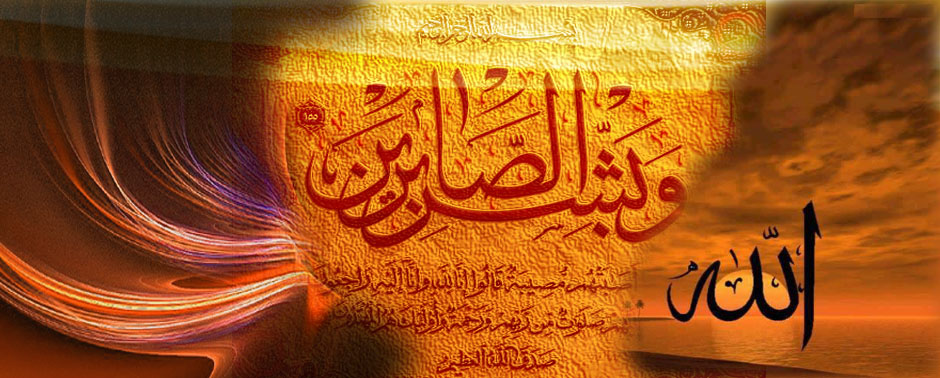Characteristics of Wali according to Islamic tasawwuf – 1
The word awliya is the plural form of the word wali, which is an important denomination in Islamic Sufism. The word denomination has a ring of “group of religious congregations having its own organization and a distinctive faith” in it but we must note beforehand that the word wali is a title attained to a person not by himself or a “institutional organization” or any other person.
A wali becomes a wali by destiny only, in other words only if Allah(j.j) wills it.
A wali never tries to “become” a wali.
A wali seeks the grace of Allah(j.j) and preserves and proceeds ibadah, religious exercises by keeping a firm distance from the harams of Allah(j.j) and sticking to helals of Allah(j.j)
Therefore, it is really important to understand perception of “obtaining the title of wali” or “becoming one of the awliya” according to Islamic thought. It is far from the concept of “denomination”, such ordeal is merely a “western” concept, very different from Islamic culture.
Since there is no institutional or organizational structure in Islam, there are no hierarchical ranking orders as well in Islamic tasawwuf.
Nobody or no establishment or no governing body can get into between Allah(j.j) and the soul.
Islamic aqeedah opens such a great, abundant and prosperous portal for believers, one can enter and one can travel beyond in such a deep, spiritual journey.
The word awliya means “friends of Allah(j.j) and one can wonder how a mortal soul can become the friend of supreme-creator of the known and unknown universe?
Holy Quran mentions this concept of “friendship” as follows:
Behold! verily on the friends of Allah there is no fear, nor shall they grieve; (Yunus 10/62)
However, when we talk about “spiritual journey” we risk of harbingering perils of “new-age spiritualism” where one can experience every sort of fantastical delusion and call it “spiritual journey”.
Thus, the very primal characteristic of a wali according to Islam is that he lives his life in total accordance to Islamic values, laws, rules and etiquettes.
The wali has only one purpose in life. Deep in his soul, he seeks to obtain the grace of Allah(j.j) and socially, he is like a beacon to spread Islamic aqeedah and struggles to inform masses about the way of Prophet Muhammad(saw).
How to spot a wali when you see one? Prophet Muhammad(saw) says in a hadith;
“When you see them you remember Allah(j.j) , their noor is visible on their face.”
Unfortunately, in an icon-struck, symbol driven today’s modern world, the “visibility of noor” is something one should really work out to perceive.
The wali can be visible only via their actions not by any other semiological symptom or any other image or any man-made symbol.
Which makes it essential for every Muslim to know about “characteristics of a wali” regardless of their stance on “tasawwuf” since knowing such characteristics can help us to become a better Muslim in both ethical and spiritual sense.
Baris Tarimcioglu/islamoformation.com









You must be logged in to post a comment Login